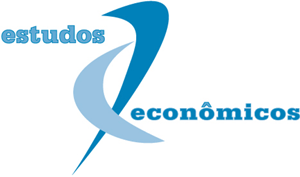The history of the Estrada de Ferro Sorocabana is highly idiosyncratic. Owned and run successively by Brazilian businessmen, the federal government, and the government of the State of São Paulo, it would be rented out to a foreign company over the period 1907-1919. When it began operating, coffee did not represent a significant share of its overall freight receipt, and even later it would not achieve the relevance it did in Mogiana and Paulista, considered the typical "coffee railways." Unlike these two profitable companies, Sorocabana remained in dire financial straits almost throughout the period 1872-1919. This paper focuses on what lay behind its financial distress. The literature on pioneering railway companies in Brazil emphasises that profitability hinged on the type of ownership as well as on whether coffee was the main source of freight receipt. Besides this, the following hypotheses are evaluated: oversanguine expectations about future cash flows; poor management; shortage of governance engendered by its financing structure; bad luck; and bad governmental policy.
railways; financial structure; foreign investment
